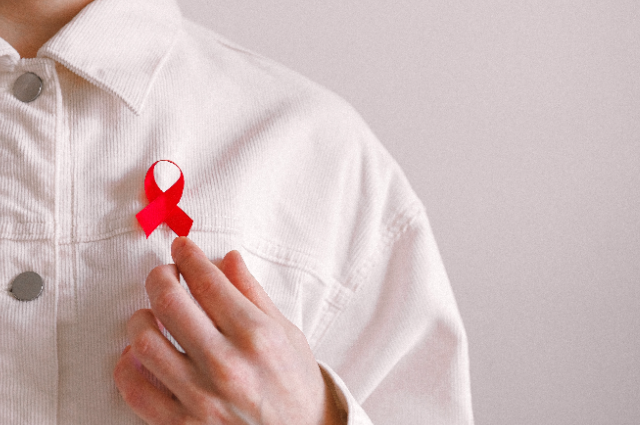
World AIDS Day, observed annually on December 1st, serves as a global reminder to reflect on the progress made in the fight against HIV/AIDS and to recommit to the ongoing battle against the pandemic. As we mark the 35th year of commemorating this significant day, it is crucial to acknowledge the strides made in the medical, social, and political arenas, while also recognizing the challenges that persist.
Reflecting on Progress
Over the years, advancements in medical research and antiretroviral therapy have significantly improved the quality of life for those living with HIV. The development of preventive measures, including pre-exposure prophylaxis (PrEP), has played a pivotal role in reducing the transmission of the virus. Access to treatment and awareness campaigns have contributed to destigmatizing HIV/AIDS, fostering a more inclusive and compassionate global society.
Challenges and Disparities
Despite progress, challenges persist. Stigma and discrimination surrounding HIV/AIDS continue to hinder efforts to prevent and treat the virus. Additionally, there are considerable disparities in access to healthcare and resources, both within and between countries. Vulnerable populations, such as marginalized communities and those with limited access to healthcare, face heightened risks.
The Impact of COVID-19
The COVID-19 pandemic has added another layer of complexity to the fight against HIV/AIDS. Disruptions in healthcare services, lockdowns, and economic hardships have disproportionately affected individuals living with HIV. It is essential to address these intersecting challenges and ensure that the response to one pandemic does not compromise progress in the other.
Education and Awareness
Education remains a cornerstone in the battle against HIV/AIDS. Promoting accurate information, fostering open conversations, and challenging misconceptions are crucial components of effective prevention strategies. Comprehensive sex education, community outreach programs, and media campaigns play pivotal roles in raising awareness and breaking down barriers.
Global Solidarity
World AIDS Day serves as a powerful reminder of the importance of global solidarity. Collaboration among governments, non-governmental organizations, healthcare providers, and communities is essential to achieving the ambitious goal of ending the AIDS epidemic by 2030, as outlined in the United Nations Sustainable Development Goals.
Committing to the Future
As we commemorate World AIDS Day 35, it is imperative to renew our commitment to the cause. This involves sustained investments in research, healthcare infrastructure, and community support systems. Policymakers must prioritize the needs of those most affected by HIV/AIDS, ensuring that no one is left behind in the journey towards a world free from the burdens of this devastating virus.
Conclusion
In conclusion, World AIDS Day is a time to reflect on achievements, acknowledge challenges, and renew our commitment to the global effort against HIV/AIDS. By fostering inclusivity, combating stigma, and prioritizing education and access to healthcare, we can move closer to a future where no one has to endure the impact of this pandemic.
